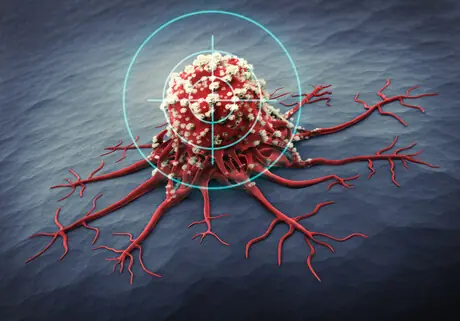
A recent study has uncovered a key switch in aging—and it all comes down to a structure inside your cells called the nucleolus
Aging has long been considered one of life’s most inevitable processes—slow, steady, and irreversible. For decades, scientists have tried to understand what causes the body to age at the cellular level. Now, a groundbreaking new study may have found a crucial “switch” in the aging process, and surprisingly, it lies within a tiny, often-overlooked structure inside our cells: the nucleolus.
The nucleolus is a dense region found inside the cell’s nucleus. For years, its primary known function was to produce ribosomes, the molecular machines that build proteins—essential for almost every biological function. But recent research, published in the journal Cell, suggests that the nucleolus is far more than a cellular factory. It may be a key regulator of longevity, acting like a dial that influences how quickly—or slowly—cells (and by extension, our bodies) age.
The study, conducted by a team of researchers at Harvard Medical School and the Max Planck Institute for Biology of Ageing, found that the size and activity of the nucleolus is directly tied to the aging process. In short: the larger and more active the nucleolus, the faster cells tend to age. Conversely, a smaller, quieter nucleolus was associated with longer cell life and improved function.
Lead researcher Dr. Anastasia Vlasova explained:
"We were surprised to discover that by simply reducing the activity of the nucleolus, we could dramatically extend the lifespan of certain cells in laboratory models. It appears that the nucleolus acts like a cellular thermostat for aging."
The team used a combination of genetic tools, imaging techniques, and cellular analysis to observe changes in the nucleolus across various organisms—from yeast to worms to human cells. Remarkably, the correlation held true across species. Organisms with smaller nucleoli lived significantly longer, while those with overactive nucleoli showed signs of premature aging, such as increased DNA damage, inflammation, and reduced cellular repair.
So, how exactly does this work?
The nucleolus’s role in making ribosomes means it’s central to protein synthesis. While that might sound beneficial, making too many proteins can actually overwhelm the cell, especially as it ages. Overproduction can lead to errors in folding and function, clogging up the system and causing cellular stress. By dialing down the nucleolus, cells reduce this burden, allowing more energy to go toward repair and maintenance rather than constant production.
These findings not only give us a new perspective on aging but also suggest a potential therapeutic target. If scientists can develop safe methods to subtly reduce nucleolar activity in human cells—perhaps through medication, diet, or genetic modulation—it might be possible to slow aging or reduce age-related diseases, such as Alzheimer’s, cardiovascular disease, or certain cancers.
Interestingly, this discovery also adds weight to previous studies showing that caloric restriction, known to extend lifespan in animals, also results in smaller nucleoli. This suggests that lifestyle interventions may already be influencing the nucleolus, albeit indirectly.
Dr. Vlasova and her team caution that more research is needed before applying these findings to human treatments, but the implications are profound.
"Aging is incredibly complex," she says, "but our study shows that some of that complexity may stem from a surprisingly small place. Understanding the nucleolus could open doors to entirely new strategies in age-related medicine."
In conclusion, the discovery of the nucleolus as a possible master switch for aging could transform how we approach longevity and health. What was once seen as a minor cell component may, in fact, hold the secret to living longer and healthier lives. In the microscopic world of our cells, the tiniest structures may have the biggest impact.
News in the same category

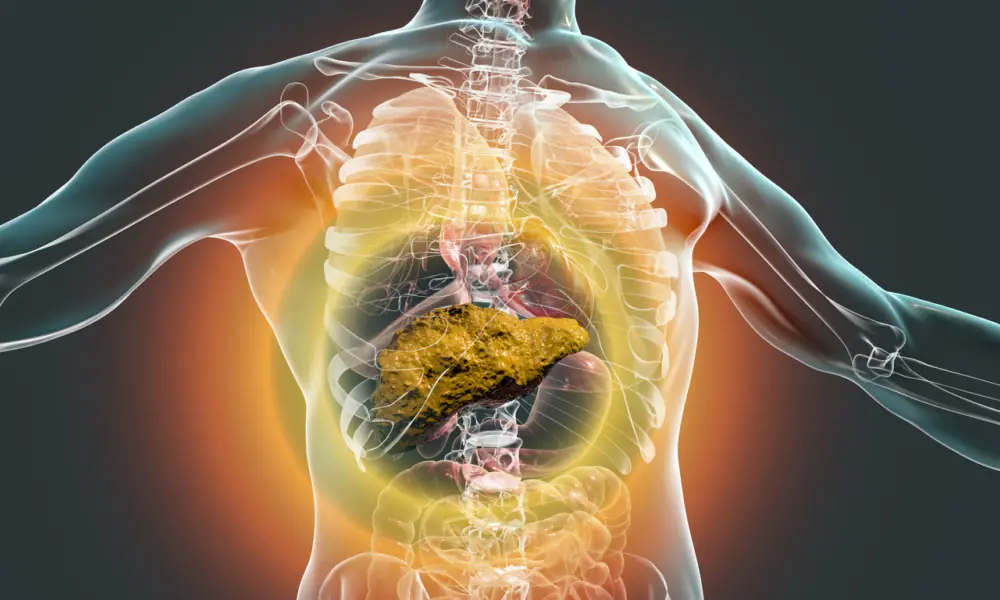
Fatty Liver Disease Affects 1 in 4 People — A New Treatment Shows Promising Results

Menopausal Brain Fog? Low Iron Levels May Be the Hidden Cause

Lung Cleansing with a Powerful Natural Garlic Juice

ScienceScientists Say Viral Infections Could Be The Hidden Cause Of Alzheimer’s — 30 Years Of Research Now Validated
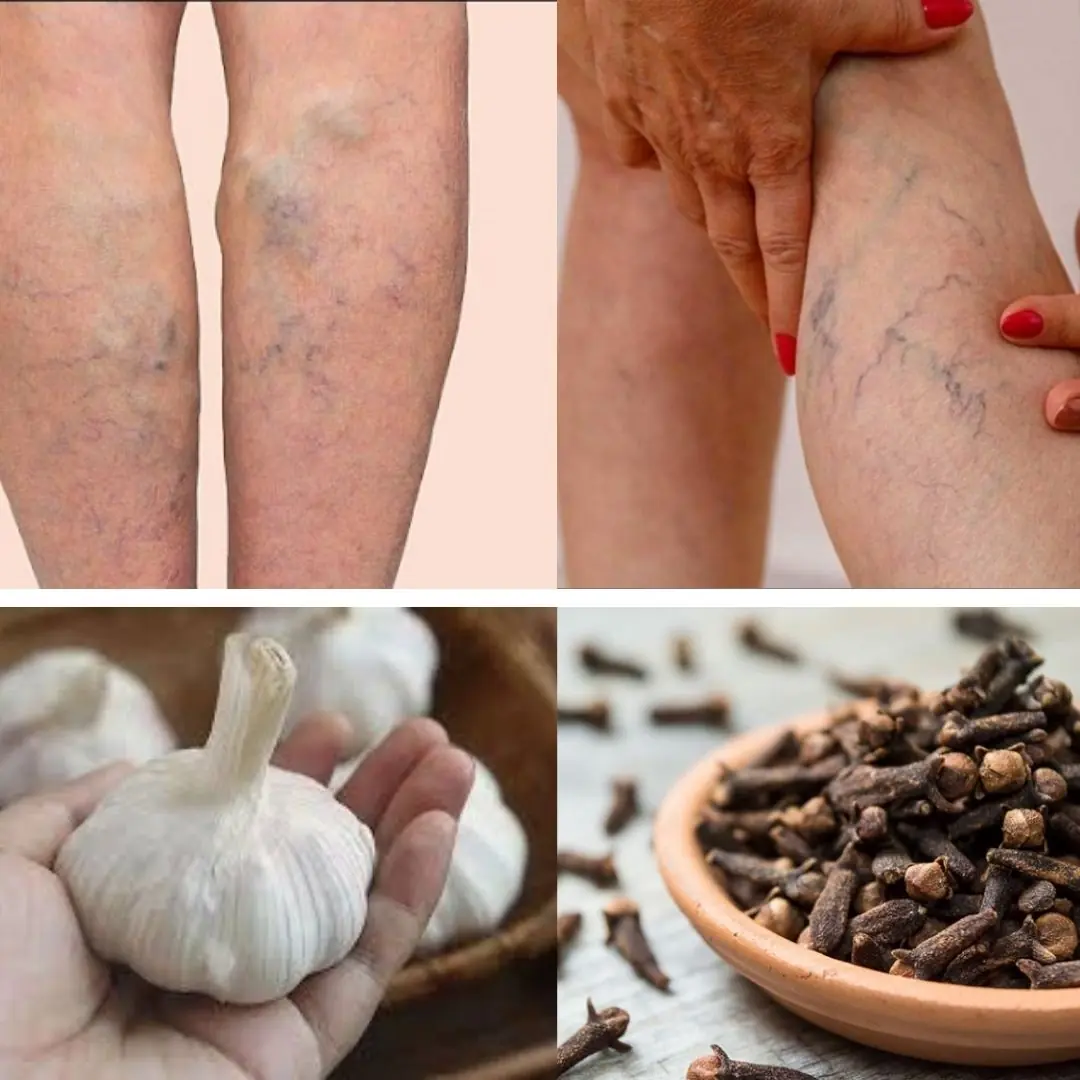
🧄🌿 Natural Remedy for Leg Pain, Rheumatism, Varicose Veins & Arthritis with Cloves and Garlic

White Clover (Trifolium repens): 15 Benefits and Homemade Uses
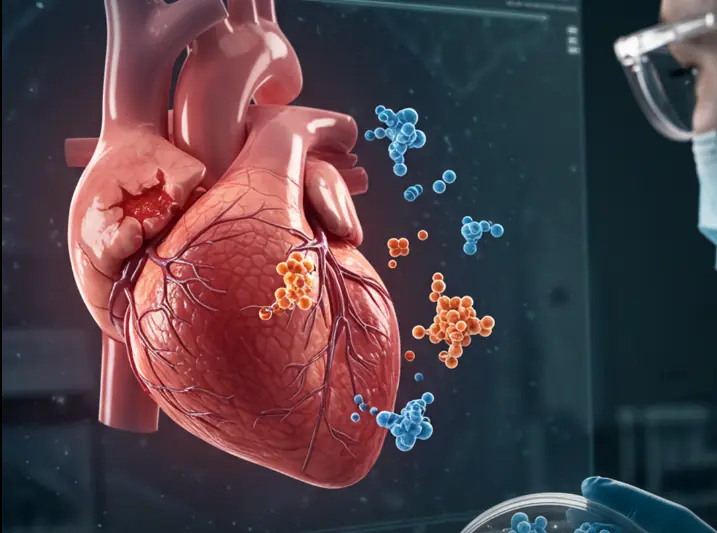
Breakthrough Protein Combo Could Heal Heart Damage and Regenerate Organs
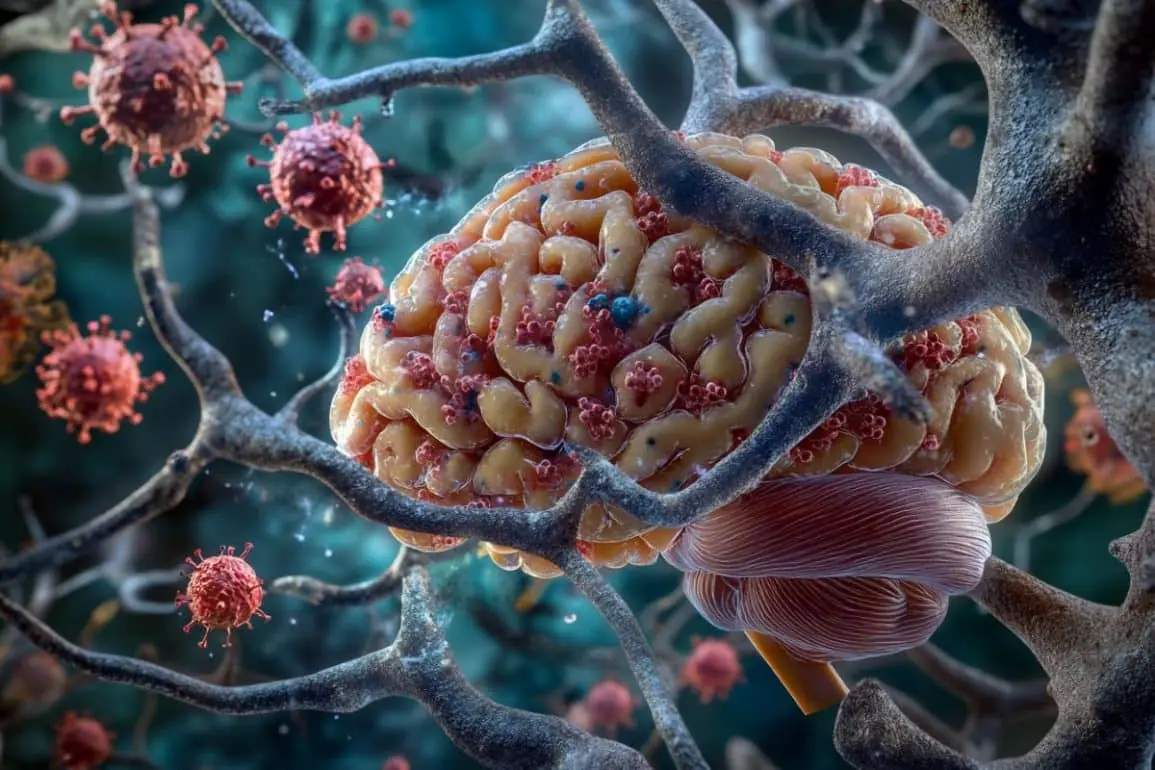
Head Injuries May Reactivate Dormant Viruses and Trigger Alzheimer’s-Like Brain Damage
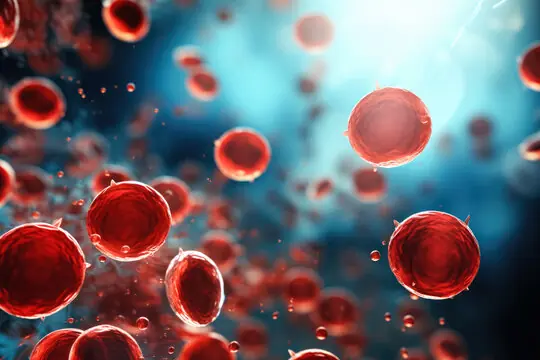
How Blood Production Changes After 70: New Research Reveals a Surprising Shift

What Is Acid Reflux? Causes, Symptoms, and How to Prevent GERD

AI and Eye Scans: A Breakthrough in Fast, Accurate ADHD Diagnosis

Early Signs of Heart Disease: What Chest Pain, Shortness of Breath, and Swollen Legs Could Mean

Groundbreaking Nanoparticle Technology Reverses Parkinson’s Disease in Stunning Study

This Psychedelic Root from Brazil May Be Able to Treat Depression

Researchers Reveal How Long It Takes To Grow Muscle When Lifting Weights

Waking Up After 6 Hours of Sleep? Here's Why—and Whether It’s Enough
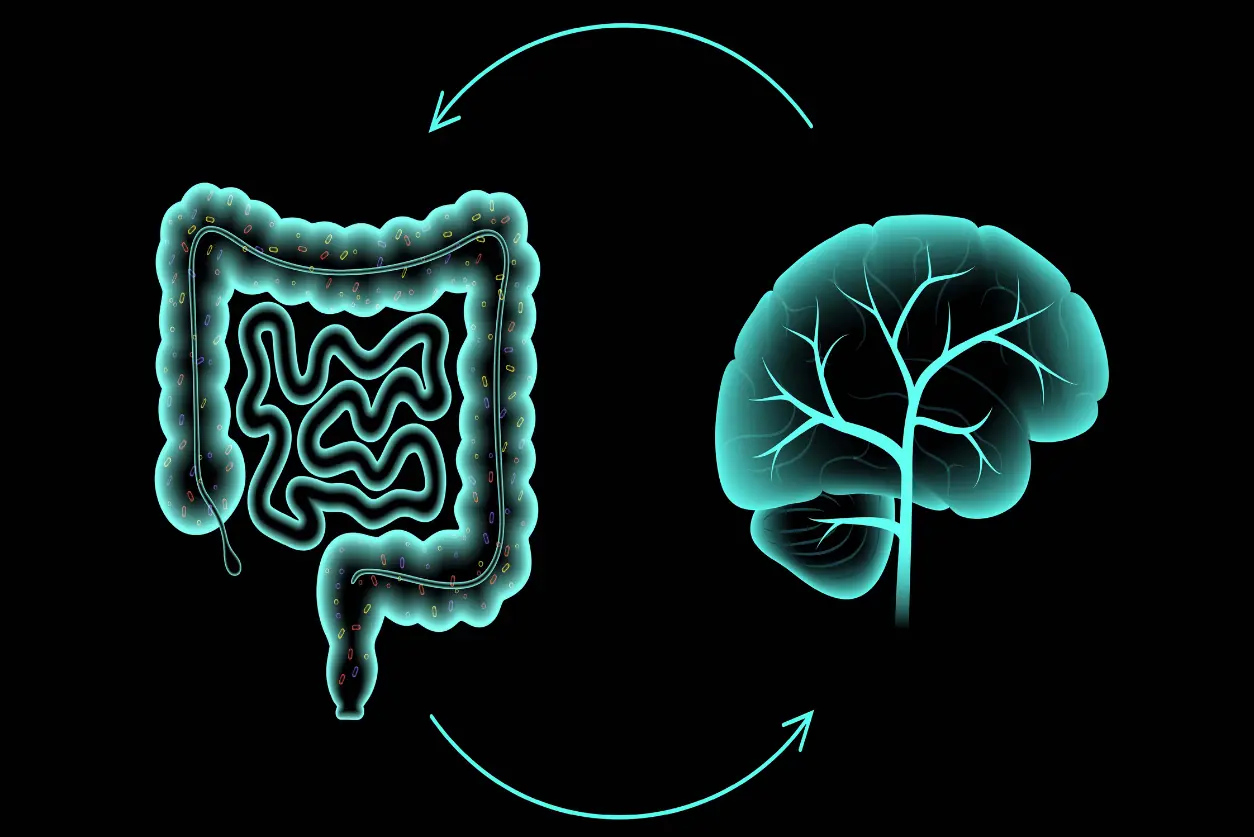
How Your Gut Bacteria Influence Your Mood, Thoughts, and Mental Health

The Hidden Cost of Anger: How One Minute of Rage Can Weaken Your Immune System for Hours
News Post

Persistence Hunting: How the San People of the Kalahari Master the Art of Endurance

Halley’s Comet Is Back, But This Time, It’s Raining Fire

Breakthrough Cancer Treatment Uses Ultrasound and Microbubbles to Destroy Tumors from Within

Fatty Liver Disease Affects 1 in 4 People — A New Treatment Shows Promising Results

Menopausal Brain Fog? Low Iron Levels May Be the Hidden Cause

Lung Cleansing with a Powerful Natural Garlic Juice

ScienceScientists Say Viral Infections Could Be The Hidden Cause Of Alzheimer’s — 30 Years Of Research Now Validated

Greece Rocked By Massive Earthquake As Tsunami Warning Sparks Panic

Sun Unleashes Monster Flare As Scientists Say Earth Could Be Hit By Massive Solar Storm Tomorrow

🧄🌿 Natural Remedy for Leg Pain, Rheumatism, Varicose Veins & Arthritis with Cloves and Garlic

Modern House Fires Burn Faster: Why You May Have Only 3 Minutes to Escape

White Clover (Trifolium repens): 15 Benefits and Homemade Uses

A Mom of 7 Demanded My Deaf Grandpa Get Out of the Elevator—So I Brought Her Back to Reality

Could the Sahara Desert Power the Entire World with Solar Energy?

Breakthrough Protein Combo Could Heal Heart Damage and Regenerate Organs

Head Injuries May Reactivate Dormant Viruses and Trigger Alzheimer’s-Like Brain Damage

How Blood Production Changes After 70: New Research Reveals a Surprising Shift

My Ex-husband Got Our House, Car and All Our Money After Divorce – I Laughed Because That Was Exactly What I Planned
